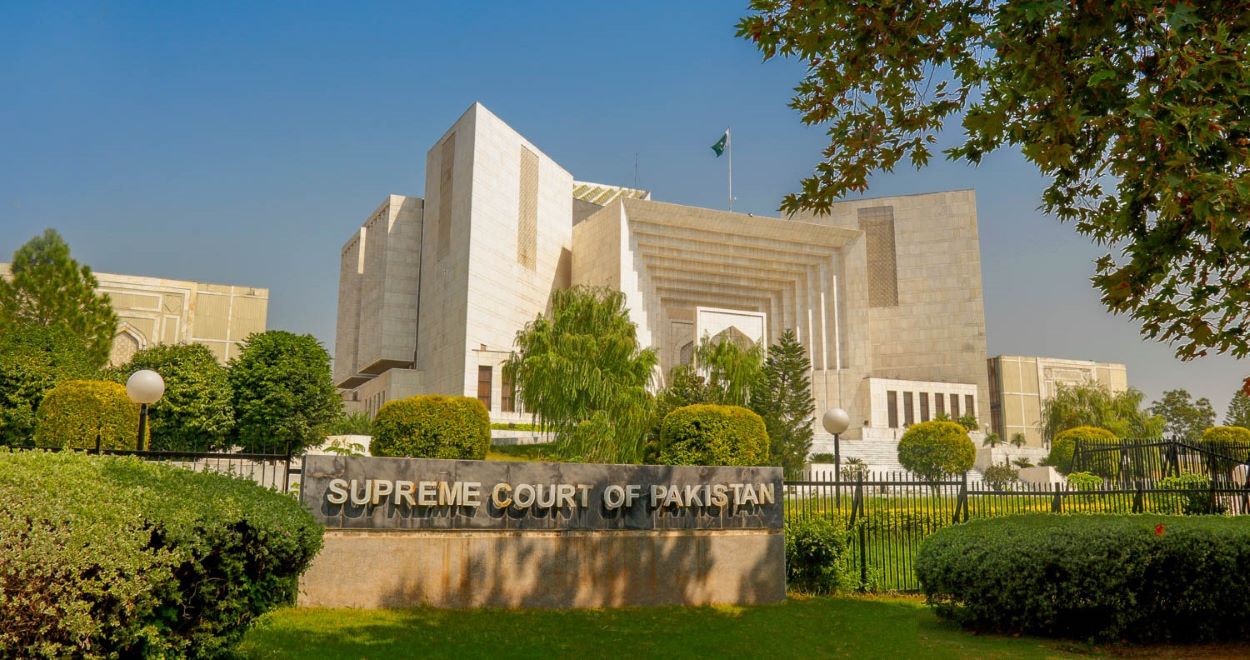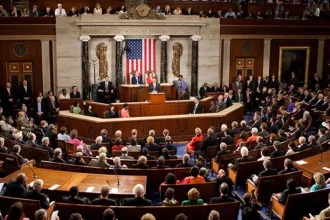The Supreme Court of Pakistan has issued a detailed order following its initial hearing of a suo motu case concerning a letter from six Islamabad High Court judges.
The letter seeks recommendations from the Pakistan Bar Council, the Supreme Court Bar, and the federation on appropriate judicial responses to a pressing issue.
Justice Athar Minallah expressed reservations about certain sections of the order, specifically stating his inability to concur with paragraphs one through twelve. He raised concerns about the possibility of summoning the Prime Minister and whether the establishment of government commissions compromises judicial independence. Justice Minallah remarked on the inappropriateness of forming opinions on questions currently under judicial consideration.
He highlighted that the High Court judges have consistently addressed this serious matter across various platforms, yet the institutional response has been lacking. Justice Minallah affirmed the actions of the High Court judges, emphasizing that their conduct strictly adhered to their judicial oath, thereby maintaining their integrity and commitment to the Constitution.
Read: Justice Yahya Afridi Opts Out from Supreme Court Suo Motu Case on Judicial Interference
Justice Minallah also referenced past cases, such as the Zulfikar Ali Bhutto reference and the Asghar Khan case, to underscore the historical context of political interference in judicial matters.
In a separate but related development, Justice Yahya Afridi excused himself from the bench, citing the letter’s original intent for guidance from the Supreme Judicial Council and suggesting that the Supreme Court’s suo motu action could potentially overstep the bounds of High Courts’ Chief Justices. He advocated for a constructive response from the Supreme Judicial Council to the judges’ concerns.
This suo motu hearing by the Supreme Court, scheduled for March 30, aims to address the alleged external influences on judicial independence.






